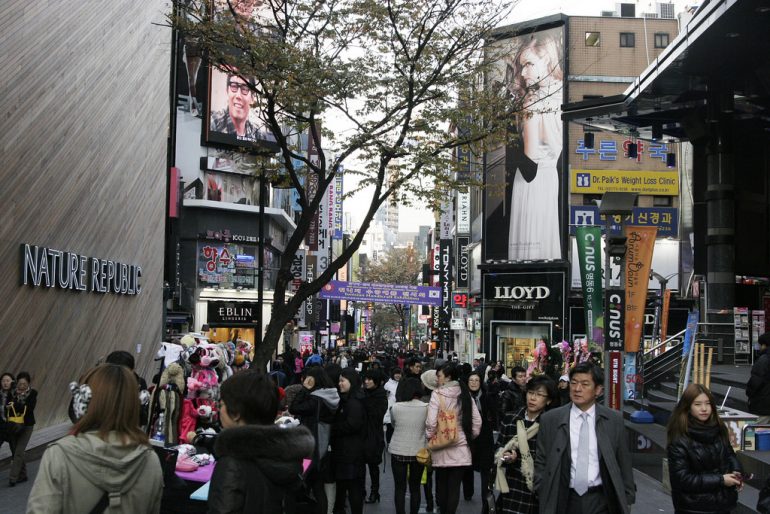From Obsession to Reflection: My Experience Living in Korea as a K-pop Fan
Entering the World of K-pop
As a teenager, I first discovered the world of K-pop through popular groups like BTS and Blackpink. I was immediately enthralled by their catchy music, visually stunning music videos, and the idols’ charismatic personalities. I spent countless hours watching live stages, interviews, and behind-the-scenes content to learn more about my favorite artists. Before long, K-pop consumption began taking up the majority of my free time as I fell deep into the fandom rabbit hole.
The Dream of Living in Korea
My love for K-pop blossomed into a desire to experience Korean culture firsthand. Living in Korea seemed like the ultimate dream - to be surrounded by the language, music, and even see idols in person. I pictured wandering the streets of Seoul and randomly spotting my biases, or attending a music show taping. Motivated by these fantasies, I began diligently studying the Korean language with the goal of someday moving abroad.
Assimilating Into Daily Life
After much preparation, I finally achieved my dream of relocating to South Korea. At first, everything seemed surreal - hearing K-pop everywhere I went and seeing idol-like facial features all around me. However, it didn’t take long for reality to set in. While exciting at first, the omnipresence of K-pop in media and advertisements soon became overwhelming. I also struggled to find my place and feel a sense of belonging in a new culture.
The Dark Side of the Industry
Living in Korea exposed me to harsh truths about the realities of the K-pop industry. Idols were putting in grueling 120+ hour work weeks for minimal pay. Mental health issues ran rampant due to the intense pressure to be “flawless.” Worst of all, many trainees faced verbal, physical, and sexual abuse from powerful executives. This jaded view contrasted starkly from the polished images companies portrayed. I could no longer ignore the dark side hiding beneath the glamour.
Shifting Perspectives
Interacting with Koreans my age revealed that, for most, intense K-pop fandom was seen as childish. It became clear my passion was not taken seriously in their culture. Meanwhile, my local friends back home had moved on to other interests as well. This disconnect caused me to reevaluate my priorities and reevaluate my relationship with K-pop. Was it truly making me happy, or was I using it to escape real-world responsibilities?
Indie Sounds and Self-Reflection
As my outlook changed, so did my music tastes. I began exploring lesser-known Korean indie artists and focusing more on the lyricism and raw emotions in their songs. This helped fill the void left by my fading big-name fandom. Most importantly, it was time to direct energy inward. I realized my self-worth wasn’t defined by idols, and that I needed to live for myself rather than live vicariously through others’ manufactured images. Stepping back allowed me to gain a more balanced perspective.
Maintaining Appreciation From Afar
While no longer as avid a listener, I still quietly support K-pop from abroad. My relationship with the genre has matured from intense obsession into moderate enjoyment. I appreciate the art form for what it is - flashy, fun music - rather than clinging to fantasies of a perfect world. Most of all, I value the self-reflection this experience spurred and how much I’ve grown since those feverish teenage days of fandom. Now, real life takes priority over any idolized personas. 
